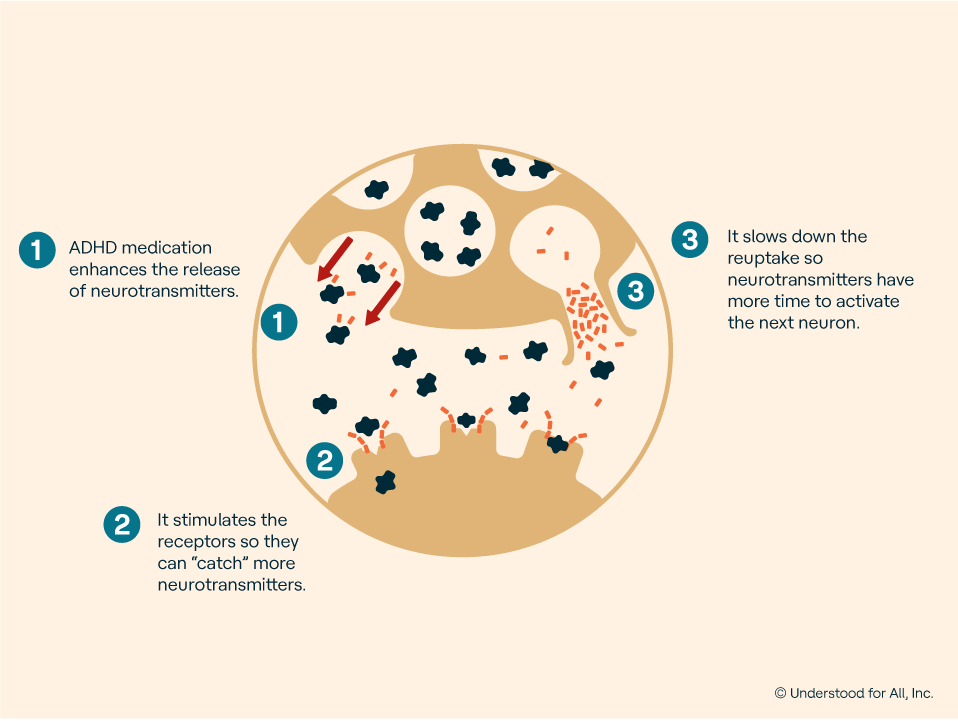Same Day Mental Health Services for Prompt Access to Expert Care
Same Day Mental Health Services for Prompt Access to Expert Care
Blog Article
The Advantages of Individualized ADHD Therapy Prepare For Better Outcomes
The application of personalized ADHD treatment plans has arised as a pivotal method in boosting healing outcomes for people influenced by this condition. By acknowledging the unique manifestations of ADHD in each individual, these customized interventions advertise higher involvement and inspiration, eventually bring about a lot more reliable coping strategies. This tailored strategy not only addresses academic and work-related obstacles yet additionally fosters improved social connections and overall lifestyle. The real level of these advantages raises essential concerns regarding the certain elements that add to long-lasting success and exactly how they can be optimized for diverse populaces.
Comprehending ADHD Variability
Although Attention-Deficit/Hyperactivity Problem (ADHD) is typically perceived as a particular condition, its manifestations can vary substantially amongst people. Gender distinctions also play a duty, as males are much more frequently diagnosed with ADHD and often show extra obvious symptoms, whereas women might offer with much less noticeable inattentiveness.
Additionally, people with ADHD might experience a range of psychological and behavior difficulties, such as anxiousness or oppositional defiance, that can make complex diagnosis and treatment. The communication of these factors can result in diverse experiences of ADHD, requiring a nuanced understanding of the problem. It is also worth keeping in mind that ADHD can present in a different way across various cultural contexts, affecting how signs are acknowledged and addressed. This understanding underscores the significance of acknowledging ADHD as a diverse problem, which asks for individualized strategies to therapy that consider the unique requirements and experiences of each individual.
Trick Parts of Personalization
Individualized ADHD treatment plans are based in a number of crucial components that ensure effective monitoring of the condition. An extensive assessment is crucial, entailing standard rating ranges, meetings, and behavioral observations. This thorough assessment enables clinicians to recognize the person's one-of-a-kind signs and symptoms, staminas, and difficulties.
Second, the participation of numerous stakeholders, including parents, instructors, and the person, contributes to an all natural view of the individual's requirements. Partnership cultivates a helpful setting that can adjust to the individual's context and way of life.
Third, therapy plans must be versatile and adaptable, permitting for adjustments based upon ongoing comments and the person's evolving requirements. This flexibility allows the assimilation of various restorative techniques, such as behavioral interventions, psychoeducation, and medicine monitoring.
Moreover, cultural and contextual aspects should be taken into consideration. Acknowledging the individual's history, values, and preferences makes certain that the treatment matters and considerate.
Finally, normal follow-ups and analyses are important to keep an eye on progression and make essential changes. By focusing on these key elements, customized ADHD therapy strategies can considerably boost the efficiency of treatments, resulting loneliness depression in enhanced results for people with ADHD.
Improved Interaction and Motivation
To successfully promote enhanced interaction and motivation in individuals with ADHD, it is vital to link include approaches that reverberate with their rate of interests and strengths. Personalized treatment plans that line up with a person's interests can bring about raised engagement in restorative tasks, fostering a sense of ownership and interest for the process.
Utilizing interactive and creative methods can also substantially improve motivation. As an example, including gamification elements or real-world applications of skills can make jobs more attractive and relevant. This not only captures focus but also reinforces learning through enjoyable experiences.
In addition, setting achievable and purposeful objectives tailored to the person can reinforce motivation. When people see their development towards directly substantial goals, they are most likely to continue to be engaged. Normal comments and acknowledgment of achievements can better suffer motivation, developing a favorable comments loop that motivates continued initiative.
Finally, cultivating a supportive environment where people feel comprehended and valued can significantly affect their involvement degrees. When treatment plans are created collaboratively, integrating input from the person, they are much more most likely to really feel purchased their trip, ultimately bring about enhanced end results in taking care of ADHD.
Improved Coping Strategies
Establishing boosted dealing methods is critical for individuals with ADHD, as it equips them with efficient devices to navigate everyday obstacles. A personalized treatment strategy permits for the identification of particular coping systems customized to the person's unique needs and circumstances - ADHD treatment. Techniques such as mindfulness, time management skills, and organizational methods can be incorporated right into daily regimens, fostering a sense of control and reducing anxiety
Mindfulness methods, consisting of meditation and deep-breathing workouts, help individuals with ADHD focus their attention and regulate their feelings. Time monitoring strategies, such as using timers or damaging tasks into smaller, manageable steps, can mitigate feelings of overwhelm. Additionally, business tools like organizers and lists can boost performance and liability.
Lasting Positive Outcomes
Implementing tailored ADHD therapy strategies can result in considerable long-term favorable end results for people. These tailored techniques, which take into consideration one-of-a-kind signs and symptoms, preferences, and life conditions, help with extra reliable monitoring of ADHD signs gradually. By concentrating on the particular needs of the person, these strategies improve adherence to treatment protocols and foster higher engagement in therapeutic tasks.

Additionally, tailored therapy strategies can substantially decrease the risk of comorbid conditions, such as anxiety and anxiety, which are often related to ADHD. Early intervention and consistent assistance help people develop resilience and coping approaches, advertising total mental health.
Eventually, the long-term favorable outcomes of tailored ADHD treatment intends not just improve the lifestyle for people however likewise contribute to their general health and success in various life domain names. This alternative method highlights the importance of customized treatment in managing ADHD successfully.
Final Thought

Report this page